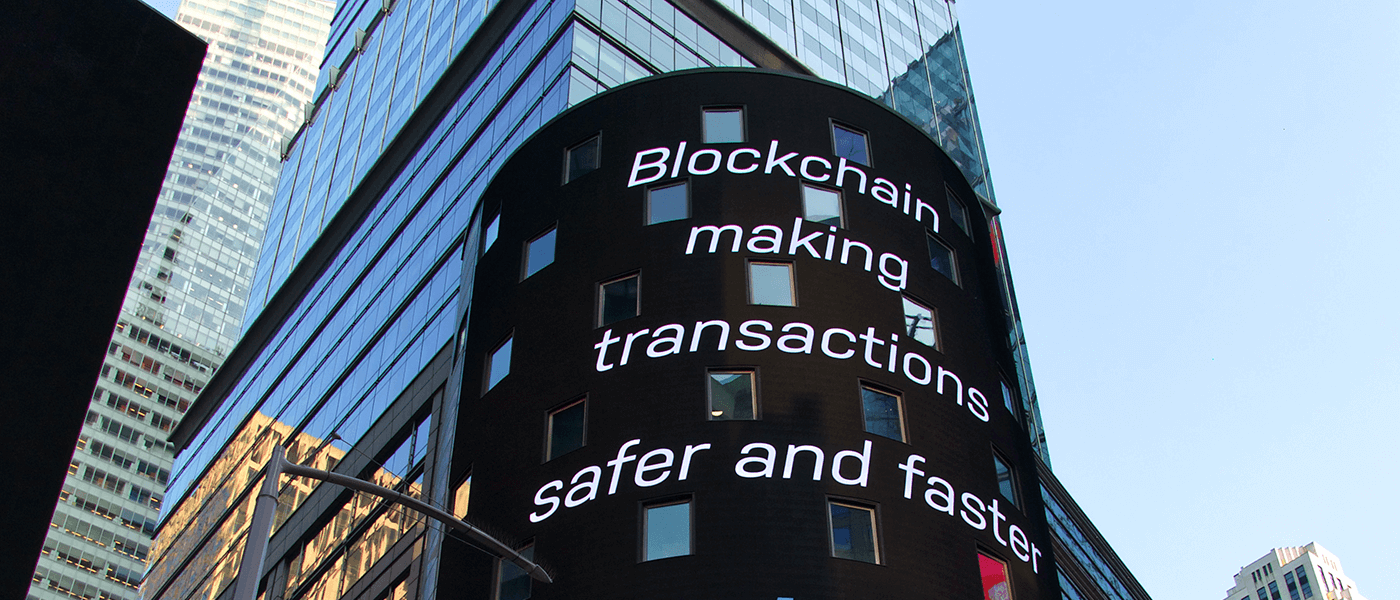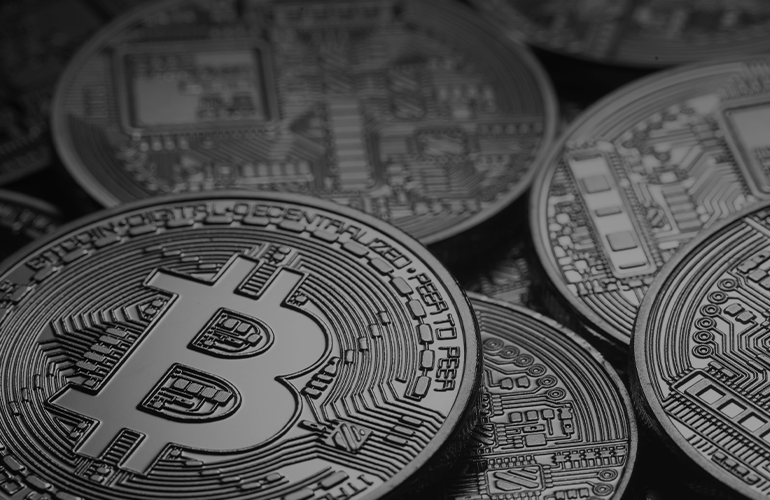- Consensus algorithms
- Nodes
- Replication mechanisms

Blockchain app testing
By 2027, 10% of the global GDP will be stored on blockchain technology.
With blockchains, the cost of a mistake is immensely high
Immutability of stored records
- No data alteration
- No information tampering
No retroactive impact of smart contracts
- No redeployment
- No updates
How a1qa solves blockchain testing challenges
Transaction irreversibility
Because of blockchain data immutability, no error can be reversed. So, we make sure that transaction details are correct before they are recorded on your blockchain.
Costly live testing
Performing blockchain tests in a live environment can be too expensive. We apply a testnet to cut down the associated QA costs.
Fee-based transactions
As any blockchain transaction comes with a fee, our task is to guarantee that all transaction- related processes in the network are error-free.
Security
We ascertain that the software, be it web or mobile blockchain-based apps, is not vulnerable to attacks at the network, user and mining levels.
Multiple participants involved
With a limitless number of network participants operating from different geographical regions, we apply emulators of OSs and devices in use, as well as test on real devices to ensure interface consistency and cross-platform compatibility.

The a1qa experts will assure the optimized quality of your cutting-edge solution


- Business logic
- API integrations
- Transaction testing
- End-to-end testing

- Business logic
- Digital signatures
- Contract code
- Events
- Errors
- Messaging

- Management and explorer platforms
- Wallets
- Oracles
- Trading and investment platforms

- Consensus algorithms
- Nodes
- Replication mechanisms

We apply a tailored approach to blockchain testing
Project initialization
- Understanding the specifics of the blockchain platform and solution
- Aligning blockchain quality gates with business needs
- Outlining a testing strategy
Design
- Preparing test data
- Creating test cases
- Setting up and building the environment
Testing
- Conducting the selected testing types
Reporting
- Analyzing and submitting test results
- Providing the final quality report
Blockchain-centric industries we serve
Testing tech stack














Success stories: see what value we deliver to our customers
How a1qa gets it right
In-depth blockchain-specific skills and knowledge of relevant technologies.
A well-balanced personalized approach to testing.
Mature testing methodologies, such as shift-left testing for early and continuous quality assurance throughout the SDLC.
Transparent and clear workflows, communication, and documentation.
A quantitative process management (QPM) solution in place for making better decisions and delivering added value, since achieving high-quality outcomes requires the best tools and insights.
Frequently asked questions
Blockchain testing is carried out by QA professionals with relevant expertise to detect issues like transaction irreversibility, multiple participant environments, and security vulnerabilities in blockchain apps. They use emulators, real devices, and testnets to simulate blockchain-specific scenarios and ensure the system is designed with integrity and usability in mind.
For blockchain testing, specialists can use testnets, real and emulated devices, automation tools, and custom-built frameworks to validate smart contracts, verify system performance, and check inter-system operations.
Because blockchain data cannot be altered, testing blockchain applications is essential to catch defects early. Enlisting the help of thorough blockchain testing service providers from the start of the project, companies can reduce the risk of failed transactions and system flaws and ensure that smart contracts execute correctly, sensitive data is protected, the app supports accessibility, and users have trust in decentralized environments.

